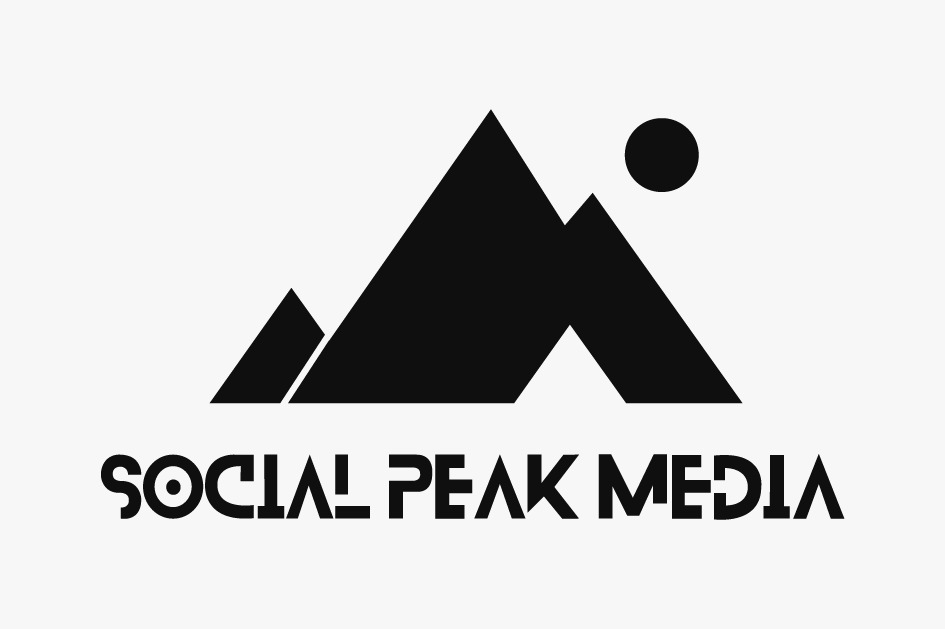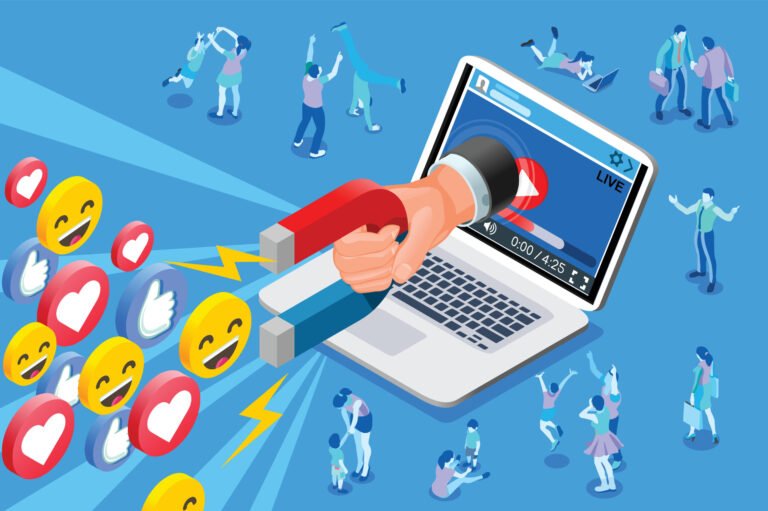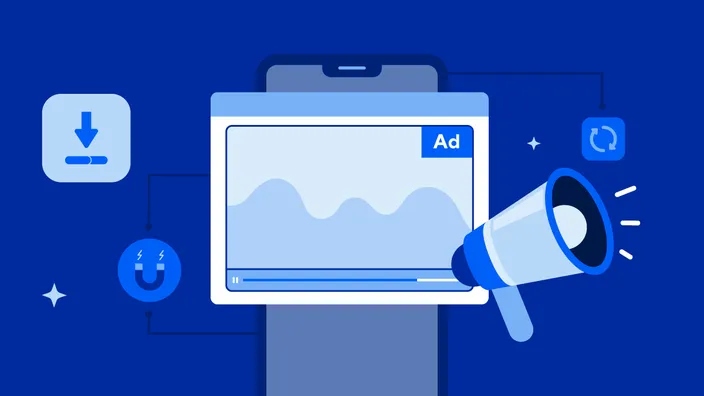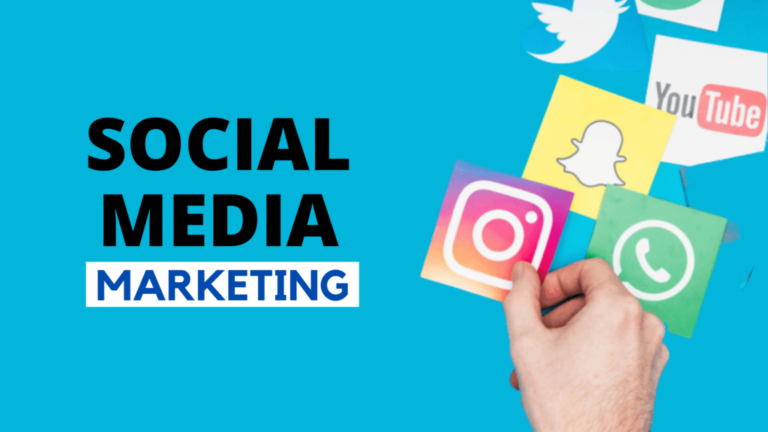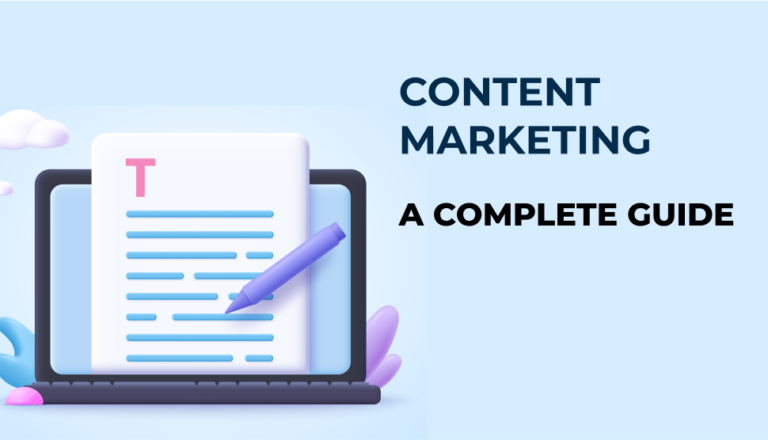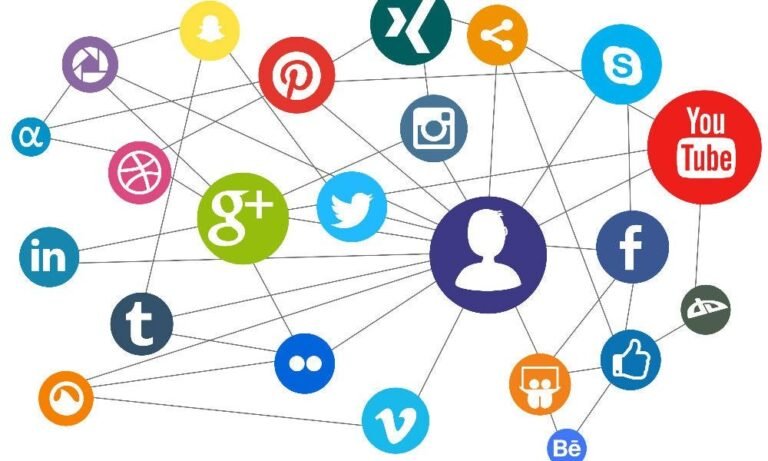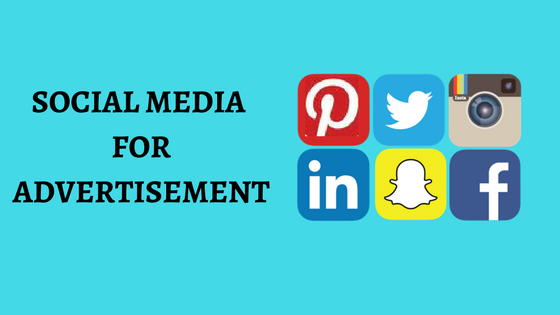Leveraging AI to Automate and Optimize Social Media Strategy
Artificial intelligence (AI) is transforming the way businesses approach social media marketing. By leveraging AI, companies can automate repetitive tasks, optimize their campaigns, and deliver personalized experiences to their audiences. Social media platforms have become more dynamic and complex, requiring marketers to adopt advanced tools that can analyze large datasets, predict audience behavior, and adjust strategies in real-time.
This article explores how businesses can harness the power of AI to revolutionize their social media strategies, from automation to optimization, ensuring maximum efficiency and engagement in an ever-evolving digital landscape.
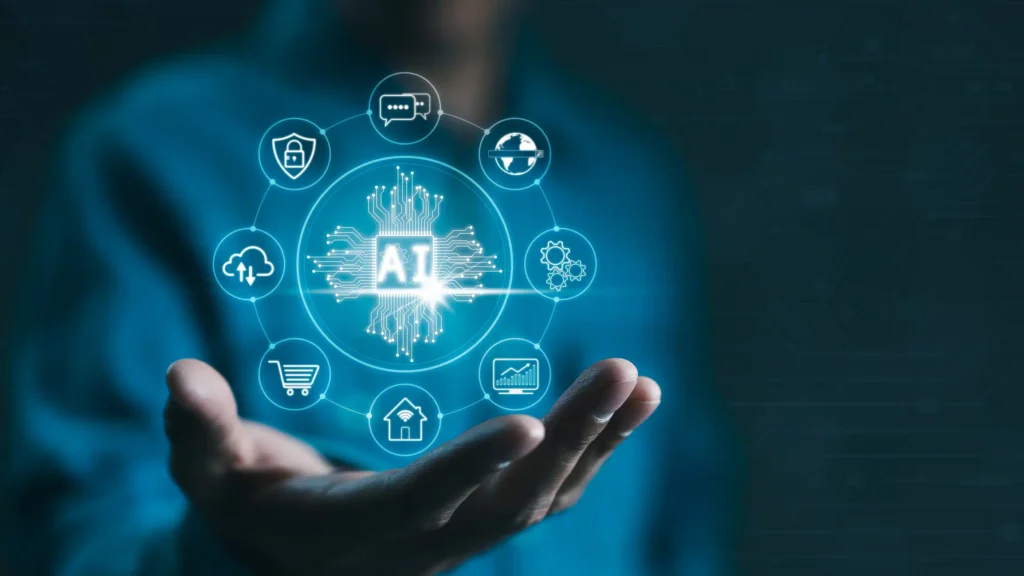
Introduction to AI in Social Media Strategy
AI has become an essential part of social media marketing, offering unparalleled opportunities to streamline processes and enhance campaign outcomes. By using machine learning algorithms, natural language processing, and data analytics, businesses can unlock insights that were previously impossible to uncover.
AI allows marketers to gain a deeper understanding of their audience, craft more targeted campaigns, and react quickly to changing trends. In a world where user preferences evolve rapidly, adopting AI is no longer optional but a necessity for brands aiming to stay competitive. From improving content strategies to boosting engagement, AI is redefining how companies approach social media marketing.

What Is AI in Social Media Marketing?
AI in social media marketing refers to the use of advanced algorithms and technologies to automate tasks, analyze data, and enhance decision-making. It encompasses a range of tools and applications, including chatbots, content recommendation engines, and analytics platforms. Unlike traditional methods, AI leverages machine learning and data science to predict user behavior, optimize ad targeting, and personalize content.

By integrating AI, marketers can save time, reduce costs, and achieve better results. Whether it’s identifying the best times to post or tracking the effectiveness of a campaign, AI empowers businesses with tools that adapt and learn over time, ensuring continuous improvement.
Why AI Matters for Social Media Optimization
The importance of AI in social media optimization lies in its ability to provide insights and automation that drive better results. Social media is a highly competitive space where brands must capture attention and build connections with their audience. AI simplifies this process by analyzing vast amounts of data, identifying patterns, and suggesting improvements.
It also enables real-time adjustments to campaigns, helping businesses stay relevant in a fast-paced digital environment. Furthermore, AI enhances personalization, allowing brands to deliver tailored experiences that resonate with their target audience. As the volume of social media content grows, the role of AI in optimizing strategies becomes even more critical.
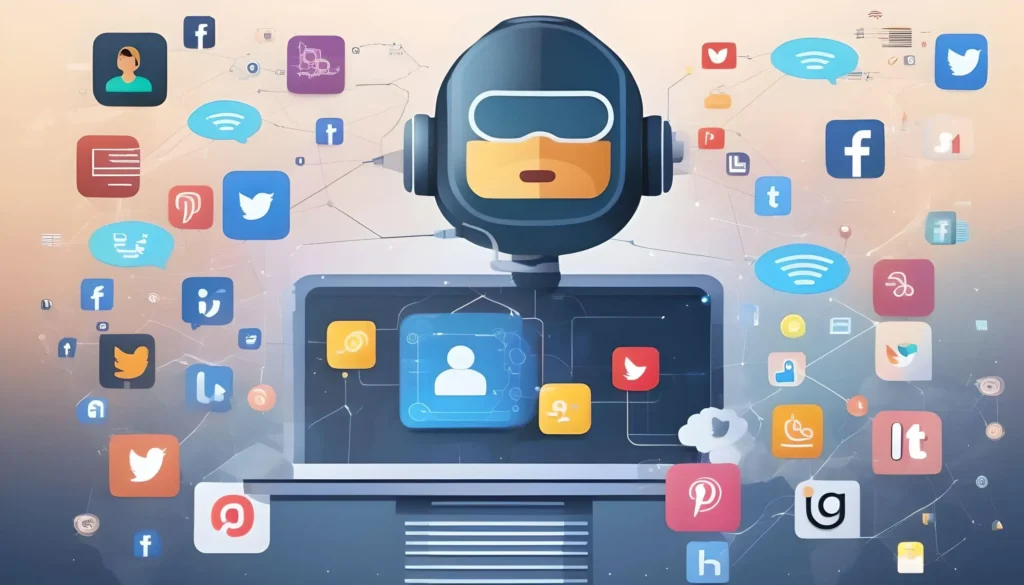
Benefits of AI in Social Media Strategy
The integration of AI into social media strategies offers numerous benefits that extend beyond automation and efficiency. It allows marketers to gain deeper insights into audience preferences and behaviors, enabling them to craft campaigns that truly connect with their target demographic. AI also enhances personalization, ensuring that the right content reaches the right audience at the right time.
Moreover, AI-powered tools provide real-time monitoring and analytics, allowing businesses to adapt quickly to changes in user sentiment and market trends. These advantages make AI an indispensable tool for modern social media marketing, helping brands achieve their goals with precision and ease.
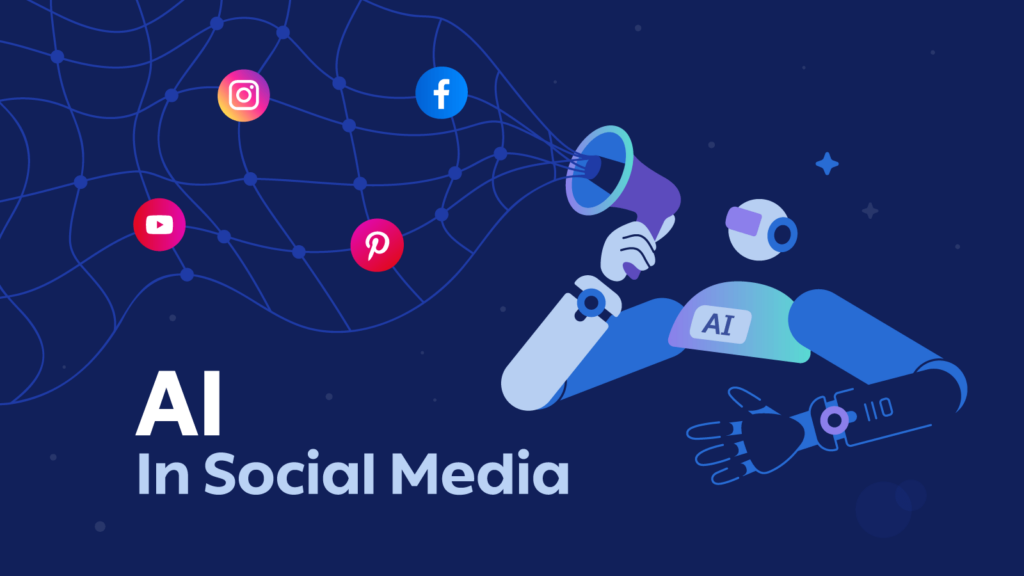
Enhanced Efficiency Through Automation
Automation is one of the most significant benefits of AI in social media strategy. Repetitive tasks like content scheduling, posting, and performance tracking can consume valuable time and resources. AI-powered platforms automate these processes, ensuring that posts go live at optimal times and reach the intended audience.
This not only improves consistency but also allows marketers to focus on more strategic aspects of their campaigns. Additionally, automation minimizes the risk of human error, ensuring that every action aligns with the overall marketing goals. For businesses looking to scale their social media efforts, AI-driven automation is a game-changer.
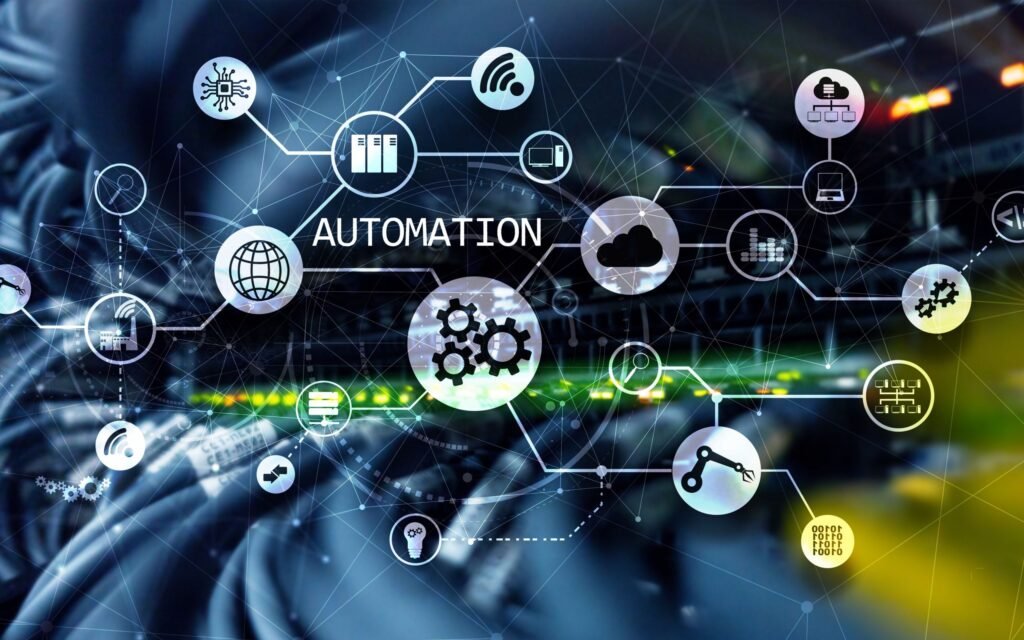
Data-Driven Decision Making
In today’s data-rich environment, making informed decisions is crucial for the success of any social media campaign. AI tools excel at processing large volumes of data to uncover actionable insights. They analyze metrics such as engagement rates, audience demographics, and content performance, providing a clear picture of what’s working and what needs improvement.
These insights enable marketers to fine-tune their strategies, allocate resources more effectively, and maximize ROI. Unlike traditional methods, AI offers real-time analytics, ensuring that decisions are based on the most current and relevant data.
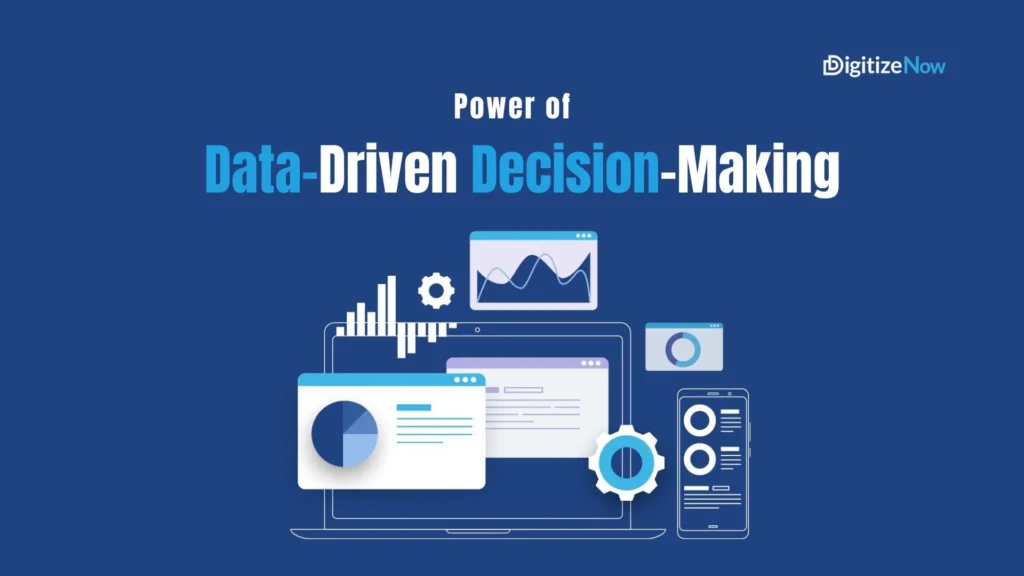
Personalization at Scale
Personalization is a key driver of social media engagement, and AI makes it possible to achieve this at scale. By analyzing user data, AI tools can create tailored content that resonates with individual preferences. Whether it’s recommending products, suggesting relevant articles, or delivering targeted ads, AI ensures that every interaction feels personalized.
This level of customization enhances user experience and builds stronger relationships with the audience. Moreover, personalization powered by AI is dynamic, adapting to changes in user behavior and preferences over time.
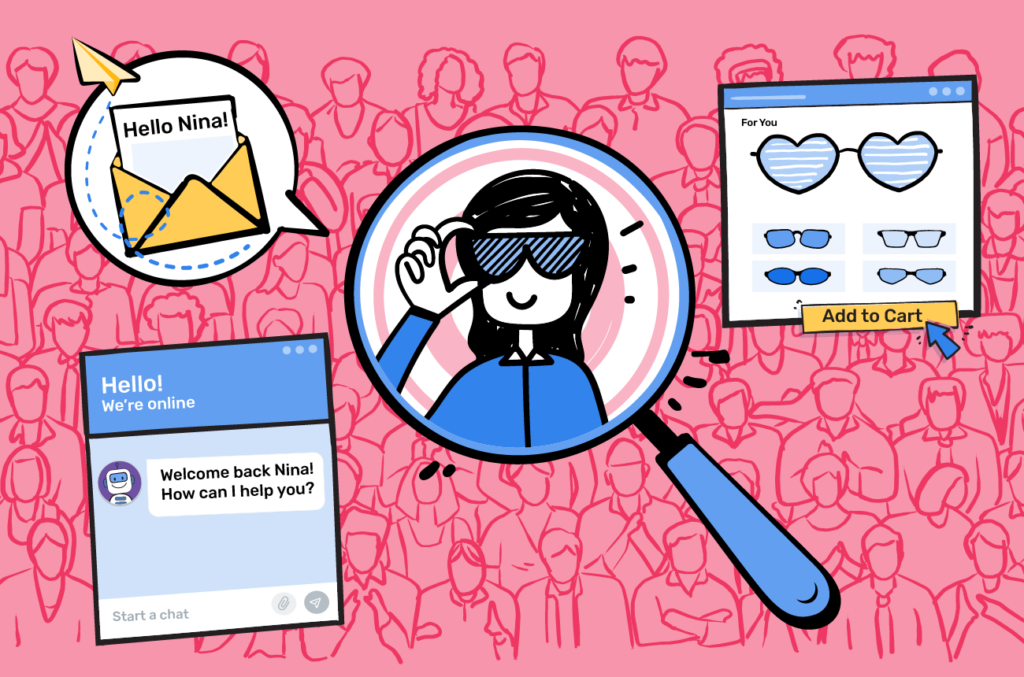
Real-Time Insights and Monitoring
The ability to monitor campaigns in real time is one of AI’s most valuable features. Social media is a fast-paced environment where trends can emerge and fade within hours. AI-powered tools provide instant feedback on how campaigns are performing, allowing marketers to make adjustments on the fly.
This real-time monitoring extends to audience sentiment as well, enabling businesses to address issues promptly and maintain a positive brand image. By staying ahead of the curve, brands can capitalize on opportunities and mitigate risks effectively.
How AI Automates Social Media Tasks
Automation is at the heart of AI’s impact on social media marketing. By taking over repetitive and time-consuming tasks, AI frees up resources that can be redirected toward creative and strategic initiatives. From content scheduling to audience engagement, AI-powered tools streamline operations and ensure that campaigns run smoothly. This section explores the various ways in which AI automates social media tasks, highlighting the tools and techniques that make these processes more efficient.
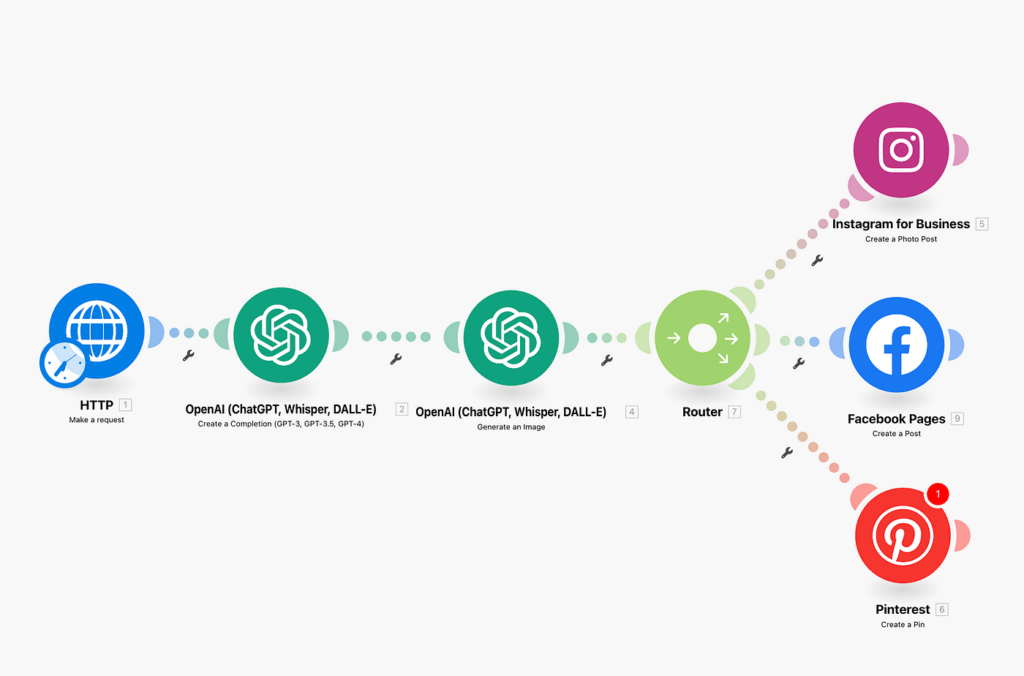
Content Scheduling and Posting
AI simplifies content scheduling by analyzing audience behavior and recommending the best times to post. Tools like Hootsuite and Buffer use AI algorithms to determine when your audience is most active, ensuring maximum visibility for your content. Additionally, these platforms automate the posting process, eliminating the need for manual intervention. This not only saves time but also ensures consistency, a crucial factor in building a strong social media presence.
Audience Targeting and Segmentation
Targeting the right audience is essential for the success of any social media campaign, and AI excels in this area. By analyzing data such as user demographics, interests, and online behavior, AI tools create highly specific audience segments. These segments enable marketers to deliver content and ads that are tailored to the needs and preferences of each group, increasing engagement and conversion rates. Moreover, AI continually refines these segments based on new data, ensuring that targeting remains effective over time.
Social Listening and Sentiment Analysis
Social listening is the process of monitoring online conversations to understand what people are saying about your brand, industry, or competitors. AI takes this a step further by analyzing sentiment, providing insights into how your audience feels about specific topics. Tools like Brandwatch and Sprinklr use natural language processing to identify trends, detect potential crises, and uncover opportunities for engagement. This proactive approach helps businesses stay ahead of the competition and maintain a positive brand image.
Chatbots for Customer Engagement
AI-powered chatbots have become a staple in social media marketing, offering 24/7 support and seamless customer interactions. These bots can handle a wide range of tasks, from answering FAQs to guiding users through the purchase process. By providing instant, accurate responses, chatbots enhance user experience and free up human resources for more complex tasks. Furthermore, advanced chatbots use machine learning to improve over time, ensuring that they remain effective and relevant.
Optimizing Social Media Campaigns with AI
Optimizing a social media campaign involves more than just publishing content. It requires understanding performance metrics, testing strategies, and adjusting tactics to maximize results. AI streamlines this process by providing precise insights, predictive analytics, and automated adjustments.
From improving ad targeting to enhancing content effectiveness, AI ensures that every aspect of a campaign is optimized for success. This section delves into how AI tools transform social media campaigns, helping marketers achieve better engagement, higher conversions, and improved ROI.
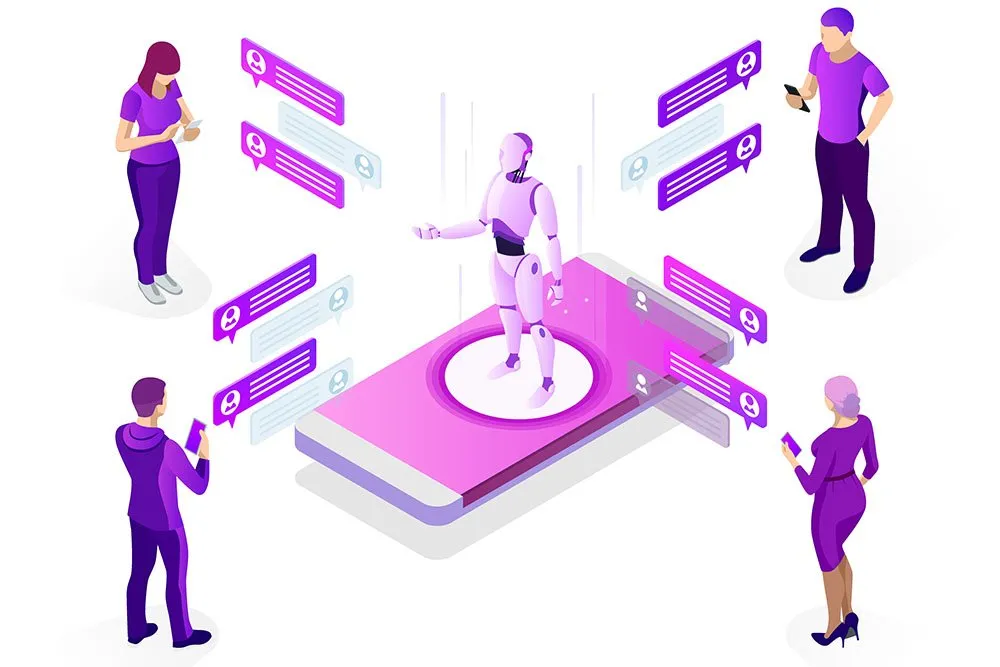
AI-Powered Analytics and Performance Tracking
AI-driven analytics tools offer a deep dive into campaign performance, revealing which strategies yield the best results. Platforms like Google Analytics and Sprinklr use machine learning to track key performance indicators (KPIs) such as engagement rates, click-through rates, and conversion metrics.
These insights empower marketers to identify high-performing content, understand audience preferences, and allocate resources more effectively. Unlike traditional analytics, AI tools provide real-time data, enabling businesses to make swift adjustments and stay ahead of the competition.
A/B Testing and Predictive Modeling
A/B testing is a critical component of any successful social media campaign, and AI makes it faster and more efficient. AI tools automate the process by testing multiple variations of content, visuals, and calls-to-action (CTAs) simultaneously. Moreover, predictive modeling uses historical data to forecast the performance of different strategies, allowing marketers to choose the most promising options. This combination of testing and prediction ensures that campaigns are both effective and cost-efficient.
Identifying Trends and Optimizing Content
Staying relevant on social media requires keeping up with trends, and AI excels at this. Tools like BuzzSumo and TrendSpottr use AI to identify trending topics, hashtags, and content formats. These insights help marketers create timely and engaging posts that resonate with their audience. Additionally, AI can analyze past performance to suggest improvements in content structure, tone, and delivery, ensuring that every post is optimized for success.
Maximizing ROI Through Budget Allocation
One of the most significant challenges in social media marketing is ensuring that resources are used effectively. AI addresses this by analyzing the performance of different campaigns and reallocating budgets to the most successful ones. This dynamic approach maximizes ROI by prioritizing high-performing strategies while minimizing spending on less effective initiatives. For businesses with limited budgets, AI-powered budget optimization is an invaluable tool.
Tools and Platforms for AI in Social Media
The success of AI-driven social media strategies depends on selecting the right tools and platforms. From automation software to analytics dashboards, a wide range of options is available to suit different needs and budgets. This section provides an overview of the most popular AI tools and highlights the features marketers should look for when choosing a platform.

Popular AI Tools for Automation
Several AI tools stand out for their ability to automate social media tasks effectively. Platforms like HubSpot, Hootsuite, and Buffer excel at content scheduling and publishing, while Sprinklr and SocialBee focus on advanced analytics and audience targeting. For businesses looking to enhance customer engagement, tools like Drift and ManyChat offer AI-powered chatbot solutions. These tools simplify complex processes, enabling marketers to manage their campaigns with ease.
Features to Look for in AI-Powered Social Media Platforms
When selecting an AI-powered platform, it’s essential to consider features that align with your business goals. Key features include real-time analytics, multi-platform integration, advanced reporting, and sentiment analysis. Additionally, look for platforms that offer customization options, scalability, and robust data security. Choosing the right tool ensures that your social media strategy is both effective and future-proof.
Challenges and Limitations of AI in Social Media Strategy
While AI offers numerous advantages, it’s not without its challenges. From algorithm biases to data privacy concerns, businesses must address several issues to ensure the successful implementation of AI in their social media strategies. Understanding these challenges is crucial for mitigating risks and maximizing the benefits of AI.
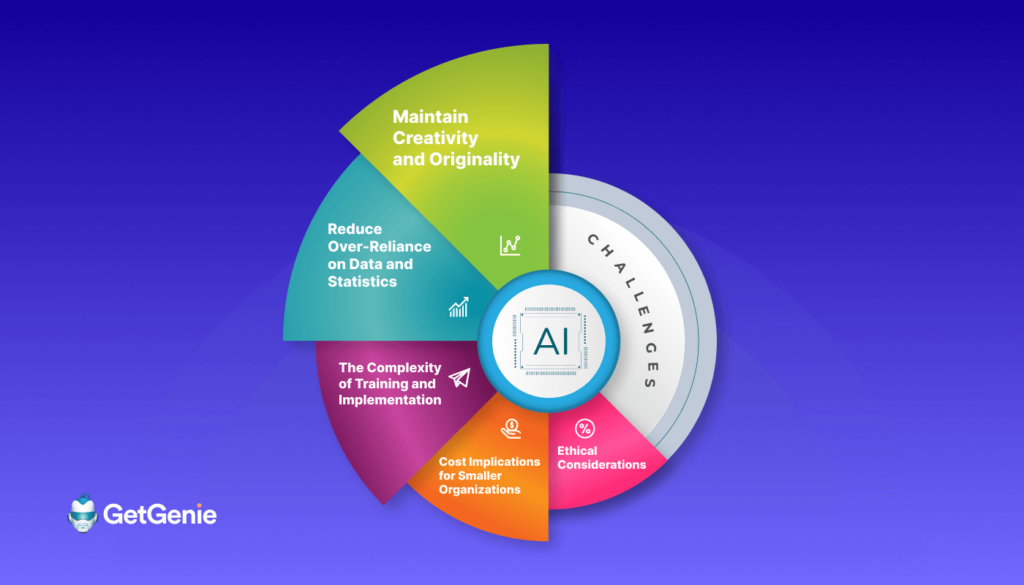
Addressing Algorithm Bias
AI systems are only as unbiased as the data they are trained on. If the training data contains biases, the AI’s outputs will reflect them. This can lead to issues such as skewed targeting or unintentional exclusion of certain audience segments. To address this, businesses must regularly audit their AI tools, refine training datasets, and ensure transparency in their algorithms.
Balancing Automation with Human Creativity
While AI can handle repetitive tasks and provide valuable insights, it cannot replace human creativity. Authentic, relatable content requires a human touch to connect with audiences on a deeper level. Striking the right balance between automation and creativity is essential for creating impactful social media campaigns.
Ensuring Data Privacy and Security
The use of AI in social media involves processing large amounts of user data, raising concerns about privacy and security. Businesses must comply with regulations like GDPR and invest in robust data protection measures to safeguard user information. Choosing AI tools with built-in security features is also critical for maintaining trust and avoiding legal complications.
Best Practices for Integrating AI Into Social Media Strategy
Successfully integrating AI into your social media strategy requires careful planning and execution. By following best practices, businesses can ensure a smooth transition and maximize the value of AI tools. This section outlines actionable steps for implementing AI effectively, from aligning tools with business goals to training teams and monitoring campaigns.
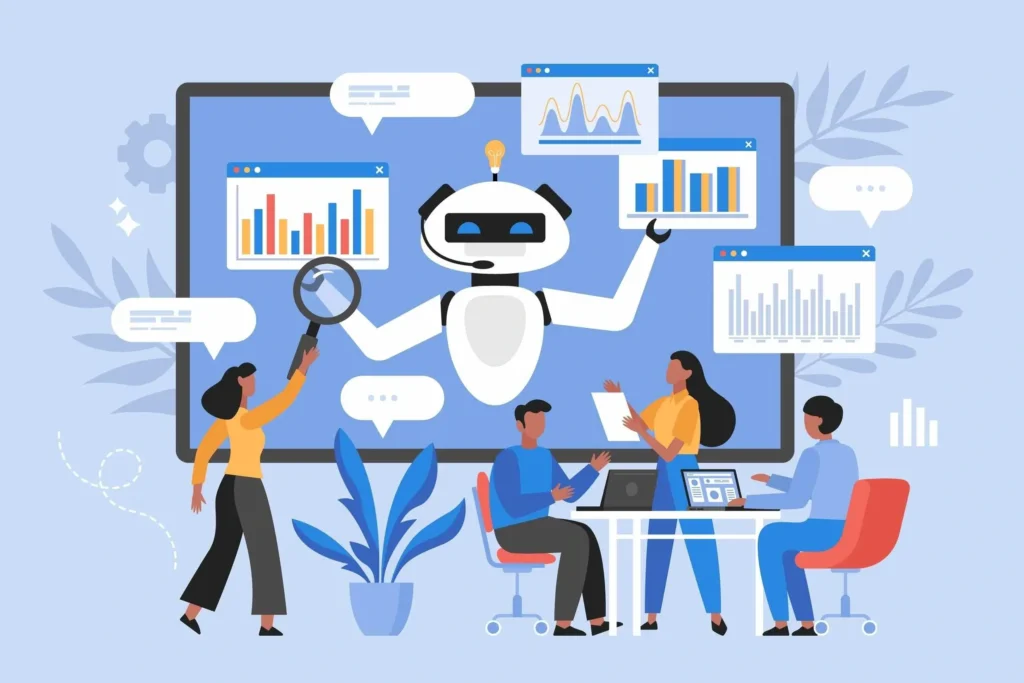
Aligning AI Tools With Business Goals
Before implementing AI, it’s important to define clear objectives. Whether your goal is to increase engagement, boost conversions, or improve customer support, aligning AI tools with these goals ensures that your efforts are focused and effective. Selecting tools that cater to your specific needs is the first step toward successful integration.
Training Teams to Work With AI Solutions
To get the most out of AI, your team needs to understand how to use it effectively. Providing training on AI platforms and tools ensures that employees are comfortable with the technology and can leverage its full potential. This not only improves efficiency but also reduces resistance to change.
Monitoring and Adapting AI-Driven Campaigns
AI-driven strategies require continuous monitoring and adaptation. Regularly reviewing campaign performance and adjusting tactics based on AI insights ensures that your efforts remain relevant and effective. Additionally, staying updated on advancements in AI technology can help you incorporate new features and maintain a competitive edge.
The Future of AI in Social Media Strategy
As AI continues to evolve, its impact on social media marketing will only grow. Emerging technologies like augmented reality (AR), virtual influencers, and voice recognition are set to redefine the digital landscape. Understanding these trends and preparing for the future is essential for staying ahead in a competitive market.
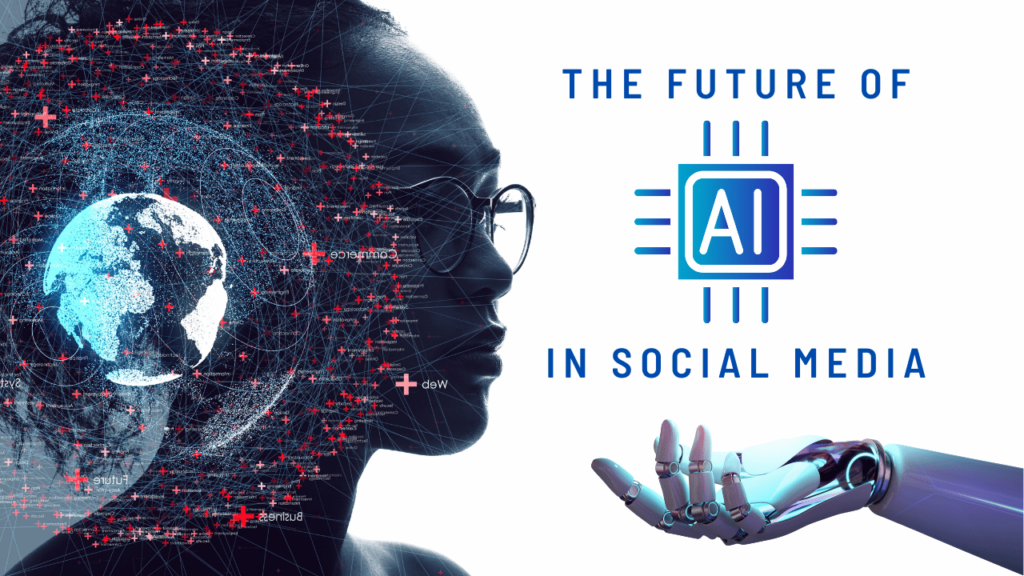
Emerging Trends in AI and Social Media
AI is driving innovation in areas like AR filters, automated video editing, and sentiment-driven content recommendations. These trends are reshaping how brands interact with their audiences, offering new ways to engage and captivate users. Keeping an eye on these developments ensures that your strategy remains cutting-edge.
How AI Will Transform the Social Media Landscape
The future of social media lies in deeper personalization, enhanced automation, and more immersive experiences. AI will play a central role in this transformation, enabling brands to connect with audiences in ways that were previously unimaginable. By embracing AI, businesses can stay ahead of the curve and unlock new opportunities for growth.
Conclusion: Revolutionize Your Social Media Strategy with AI
AI is revolutionizing social media marketing by providing tools that automate tasks, optimize campaigns, and deliver personalized experiences. From content creation to audience engagement, AI empowers businesses to achieve their goals with greater efficiency and precision. By integrating AI into your strategy, you can stay competitive, drive meaningful results, and build stronger connections with your audience. The future of social media is here, and AI is leading the way.
FAQs About AI in Social Media Strategy
Disclosure: Our blog contains affiliate links to products. We may receive a commission for purchases made through these links. However, this does not impact our reviews and comparisons. We try our best to keep things fair and balanced, in order to help you make the best choice for you.
